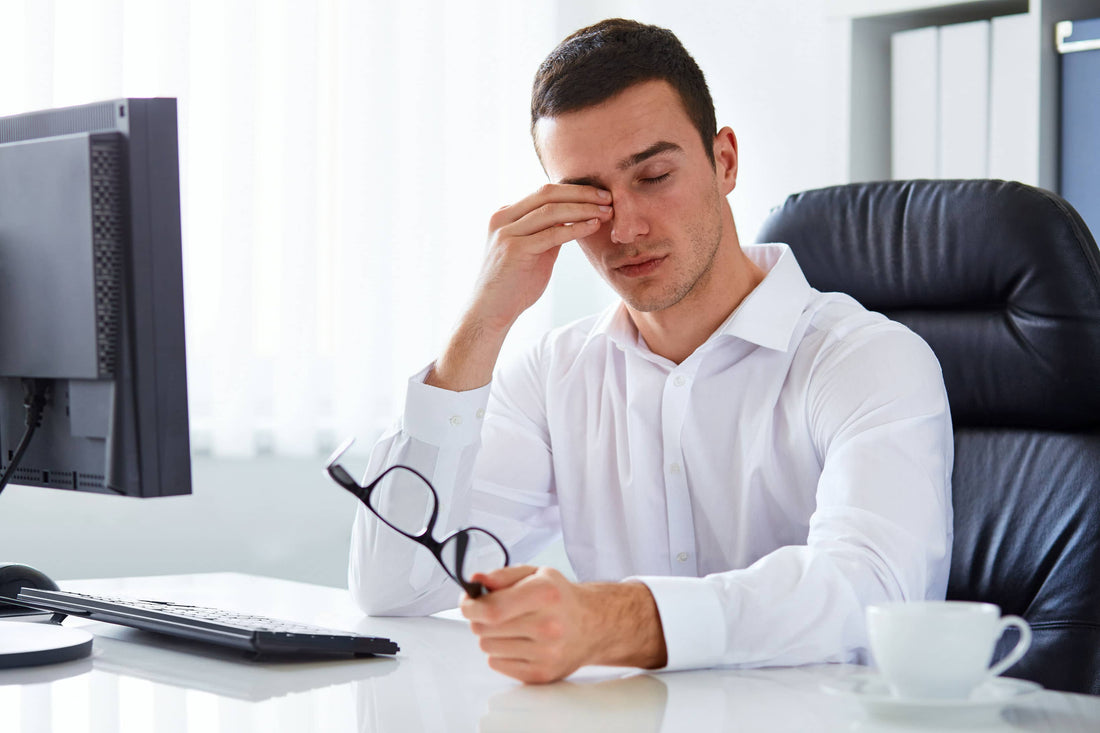
Can Losing Out on Sleep Lead to False Memories?
Share
Recent research has indicated that skipping sleep in favor of getting more done can lead you to form false memories. It all comes down to how the mind focuses on details. And while it may not seem like false memories are a big deal in the long-run, they can have a pretty serious impact on some pretty important stuff, such as eyewitness testimony of a crime.
A study published in Psychological Science was conducted by dividing over a hundred students at the University of California into four groups. Those in the first two groups were shown a photo series from a crime scene, and one of the groups was allowed to sleep afterwards, while the other group was told to stay awake for the entire night following the viewing of the crime photos.
The other two groups of study participants were put through a similar set of parameters, but in the reverse order – one group was allowed to sleep while the other was asked to stay awake all night, and then each group was shown the crime photos in the morning.
Researchers then asked each participant from all four groups to read accounts regarding the crime that differed from what the photo series portrayed. For example, one statement indicated that the criminal in the photo series placed a wallet that he had stolen in a pocket of his pants, when the actual photo had shown him putting the wallet into a pocket of his jacket.
Study participants that had viewed the photos and then read the phony statements after being asked to stay awake all night were much more likely to remember the false details that they had read than what was actually depicted in the photo series of the crime.
The bottom line, according to researchers, is that this discovery could have a serious impact on the legal system and its view of eyewitness testimonies.
And with other studies indicating that people are getting less and less sleep per night, it seems as if sleep deprivation is on the rise, indicating that there is an implication that the reliability of our memory can be seriously impacted by lack of sleep.
Another study published in the Journal of Sleep Research conducted the same type of experiment involving crime scene photos and false statements with more than one hundred participants ranging from teenagers to those in their 20s. This study also proved that those who participated were more likely to create false memories about the photo series they had been shown if they were deprived of sleep the night before.
Researchers then studied what would happen if participants in the survey got only five hours of sleep per night for a full week, and were then asked to view the series of crime photos and read false statements about the crime that was portrayed in the photos. This partial sleep deprivation also proved to impact the participants ability to give an accurate statement of the crime due to false memories.
It seems that sleep deprivation disrupts the first stage of forming accurate memories (otherwise known as “encoding”), which is associated with converting an event that we see into an image that can be saved in the brain and later recollected as a memory.
At the end of both studies, researchers gathered enough evidence to unequivocally state that getting enough sleep is critical to being able to enhance the process of accurate memories – meaning that if you’re not getting enough sleep, you might not be remembering what you’ve seen correctly. Yikes!
